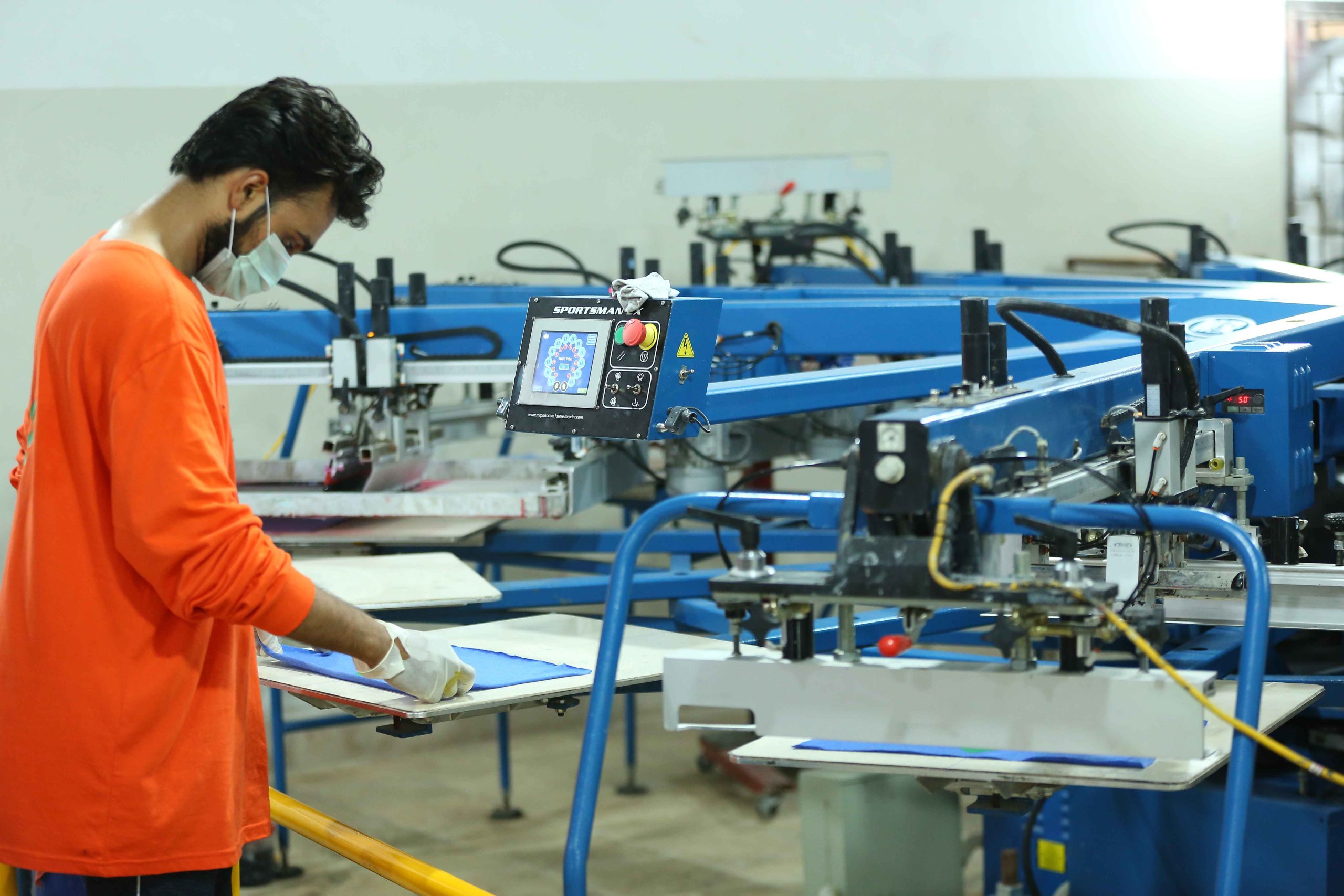
Introduction
When you buy a shirt from your favorite clothing brand, you probably don’t think much about the complex journey that piece of clothing went through before reaching the store. Behind every stylish outfit lies a network of suppliers, manufacturers, and quality checks that ensure the end product meets your expectations. For global apparel brands, maintaining quality and reliability isn’t optional—it’s survival. And a lot of that comes down to working with the right partners, like a trusted textile company in the USA or a certified garments manufacturer overseas.
Let’s walk through how big and small apparel brands build supply chains that actually work and keep customers coming back for more.
1. Why Quality Matters More Than Ever
Think about it—fashion has become insanely competitive. You’ve got fast fashion brands pumping out new looks every week and luxury labels holding their ground with timeless craftsmanship. For customers, quality is everything. Nobody wants to spend money on clothes that fade, shrink, or fall apart after a couple of washes.
This is where quality control across the supply chain comes into play. From fabric sourcing to stitching to final inspections, brands can’t afford slip-ups. One bad batch of products can damage their reputation instantly.
2. The Role of Textile Companies in the USA
For many global brands, a textile company USA plays a critical role in the process. Why? Because U.S.-based companies are known for strict compliance with regulations, transparent business practices, and high-quality fabric production. Working with them helps brands build credibility while ensuring consistency.
Plus, having suppliers in the USA means shorter lead times for North American markets. When trends move fast, being able to deliver quickly is a massive advantage. Many brands choose to source specialty fabrics, technical textiles, or sustainable materials from U.S. textile firms to guarantee a premium feel in their collections.
3. Why Certifications Matter in Garment Manufacturing
Ever wondered why some clothes just feel more trustworthy? That often comes down to who made them. A certified garments manufacturer goes through strict audits and compliance checks to prove they meet international standards. Certifications like WRAP, ISO, or BSCI show that the company cares about both product quality and ethical practices.
For global apparel brands, certifications are non-negotiable. They want suppliers who follow labor laws, provide safe working conditions, and maintain consistent quality across large orders. By working with certified partners, they minimize risks and build a more reliable supply chain.
4. Balancing Cost, Quality, and Speed
One of the biggest challenges apparel brands face is balancing three key things:
- Cost – Keeping prices competitive without sacrificing quality.
- Quality – Ensuring garments last and meet brand standards.
- Speed – Delivering products fast enough to keep up with fashion trends.
The trick is finding suppliers who can juggle all three. That’s why partnerships with the right textile and garment companies matter so much. A supplier that delivers high-quality fabric but takes too long might not work for a fast-fashion brand, while luxury brands might prioritize quality above all else.
5. Sustainability and Ethical Sourcing
Customers today care about where their clothes come from. They ask: Was this made sustainably? Were workers treated fairly? For brands, these questions aren’t just about marketing—they’re about survival.
Textile companies in the USA are often leaders in sustainable fabric innovations, from organic cotton to recycled polyester. At the same time, certified garment manufacturers worldwide are focusing on fair labor practices and eco-friendly production. Together, they help brands build supply chains that align with modern values.
6. Building Long-Term Supplier Relationships
Global apparel brands don’t just pick suppliers randomly; they invest in long-term partnerships. Why? Because trust and consistency matter. When a brand finds a supplier that can deliver on time, meet quality standards, and adapt to new trends, they stick with them.
Strong relationships also mean better collaboration. Brands can work closely with suppliers to develop new fabrics, improve efficiency, and innovate designs. That’s something you can’t get if you’re constantly switching suppliers.
7. Technology in Supply Chain Management
In today’s digital age, technology has transformed how supply chains operate. Brands now use advanced software to track every stage of production, from raw materials to final delivery. Real-time data helps them identify issues quickly and fix them before products reach the market.
Suppliers, too, are investing in automation, AI-driven quality checks, and sustainable production technologies. A modern certified garments manufacturer will often have digital systems in place to maintain accuracy, consistency, and transparency.
8. Case Study Examples (General)
- Luxury Brands – Often partner with certified suppliers for custom fabrics and perfect craftsmanship. Their priority is precision and quality, even if it takes longer.
- Fast Fashion Brands – Focus on speed, but still rely on certified partners to maintain consistency across massive orders.
- Athleisure Brands – Depend on specialty textile companies for performance fabrics that are breathable, stretchable, and durable.
Each type of brand adapts its supply chain strategy, but the common factor is this: trusted suppliers are the foundation of success.
Conclusion: The AM Group of Companies Advantage
At the end of the day, the fashion industry is built on trust—trust between brands, suppliers, and ultimately customers. Without reliable suppliers, even the best designs won’t succeed. That’s why working with experienced partners like a textile company USA or a certified garments manufacturer makes all the difference.
For apparel brands looking to scale without compromising on quality, AM Group of Companies stands out as a trusted partner. With a focus on certified production, ethical practices, and premium fabrics, they help brands build strong, sustainable supply chains that deliver results. Because in fashion, quality and reliability are more than just buzzwords—they’re the backbone of every successful brand.
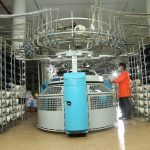

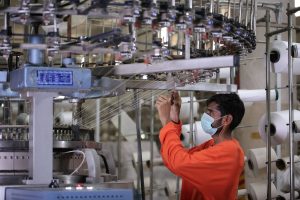
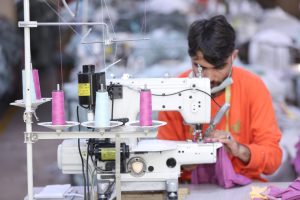
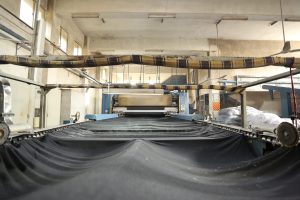
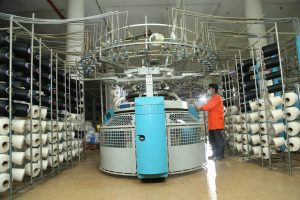
No comment yet, add your voice below!